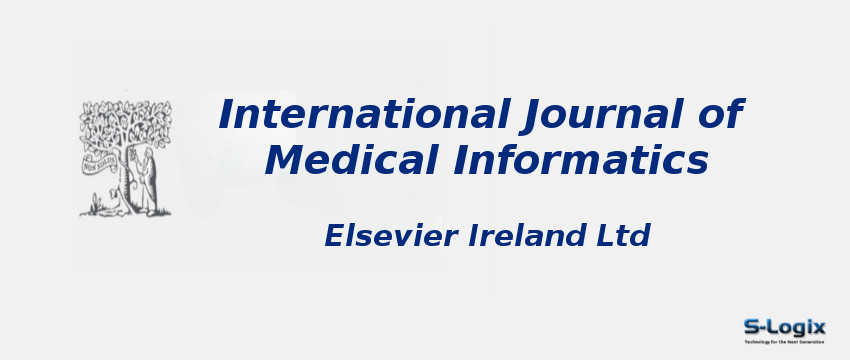Journal Home: Journal Homepage
Editor-in-Chief: Prof. Dr. Heimar Marin
Print ISSN: 1386-5056
Electronic ISSN: 1872-8243
Abstracting and Indexing: Science Citation Index Expanded, Scopus.
Imapct Factor 2024: 4.1
Subject Area and Category: Computer Sciences, Health Sciences.
Publication Frequency: Monthly
H Index: 141
Q1: Health Informatics
Q2:
Q3:
Q4:
Cite Score: 7.9
SNIP: 1.547
Journal Rank(SJR): 1.189
Latest Articles: Latest Articles in International Journal of Medical Informatics
Guidelines for Authors: International Journal of Medical Informatics Author Guidelines
Paper Submissions: Paper Submissions in International Journal of Medical Informatics
Publisher: Elsevier Ireland Ltd
Country: Netherlands
